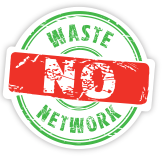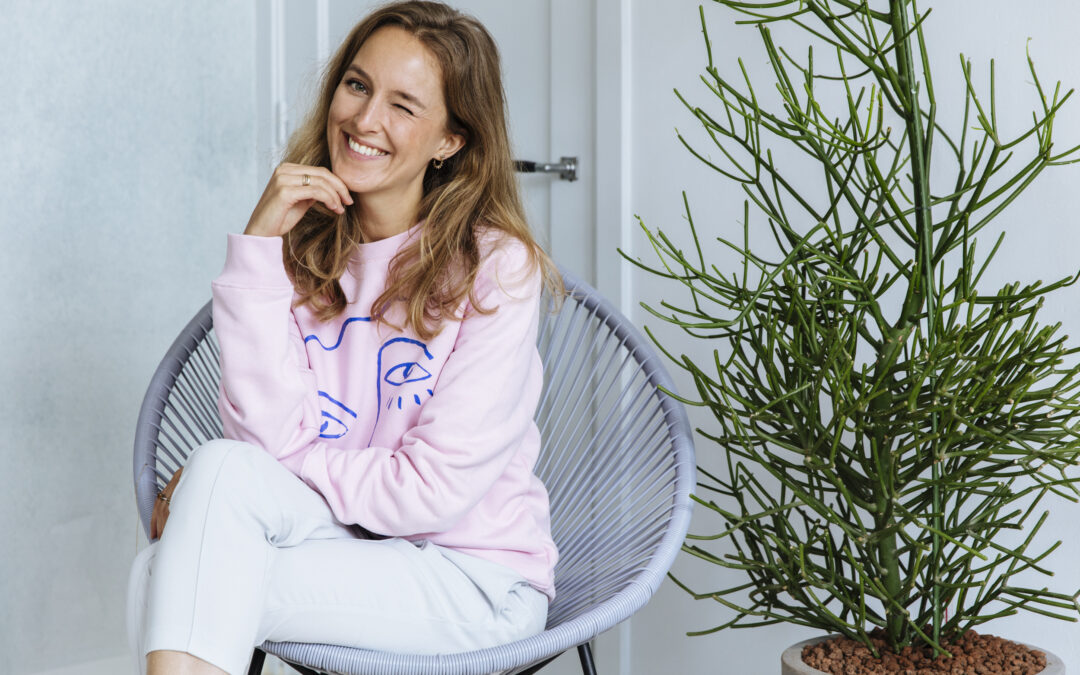Break through socio-cultural routines
Changing consumer behaviour is extremely difficult. According to the research, eating behavior is stuck in fixed routines; so-called ‘rituals’.
Because influencers respond to these norms and values, they can influence them and thus enable their followers to change their behaviour in a positive way.
Sustainable influencer Marije Douma agrees and says that providing concrete examples in particular is important for consumers to eat more sustainably: “knowledge is one thing, but it’s not enough for everyone. It’s much better for people to see how someone else applies sustainability. If you see someone else doing it, it becomes an option to apply it yourself. (…) I’ve done a little research among my followers and they tell me that the little tips are very appealing to them.” The PBL gives as an example that influencers can be used to increase the culinary skills of the consumer and thus make them cook healthier.
According to Douma, you don’t have to have thousands of followers, but everyone is an influencer and so everyone has the power to make people consume more sustainably: “I was inspired by the book Connected. You influence your friends, but also the friends of your friends and the friends of your friends of your friends. It is scientifically accepted that behaviour is contagious.”
“I’m working like crazy to get sustainable change through my companies and from my influence channels, but if there’s a government that’s going to launch pork campaigns for millions of euros through EU subsidies, I think: What are we doing?”
Authenticity
Responsibility for sustainability
Previous studies from the PBL have focused on the sustainability processes of food production. In fact, the responsibility for sustainability has been placed with the business community. In this research, the focus is on consumer sustainability, which also places the responsibility of sustainability on the consumer. Schraauwers thinks that influencers also have a responsibility in this: “People always have a responsibility to treat the earth well. Influencers have a huge reach to inspire people in this way.” (…) “Anyone who has a wide reach has a responsibility to use it. That’s what you build a community for: sharing your story with the world.”
However, she says the government is ultimately responsible: “Consumers can change on an individual level, and this certainly has an impact, but the government has too much power and with it the greatest impact. So divest a large part of the meat industry and completely rethink agriculture, to be an example to the rest of the world as in; see this is how it could be done. By this I mean that there must be a joint vision at the highest level that aims to regenerate/restore the Netherlands.”
According to Schraauwers, the different types of policies do not make it easy for consumers either: “I think it can be much clearer. Choose a clear strategy that we as a country live towards. Be an influencer as a country. There is so much potential to make the Netherlands an example when it comes to sustainability in the food industry. The government is in a state of disarray. Douma: “It has to be from all sides, the consumer, the government and the business community.” That is also the conclusion of the PBL, they advocate “A collective, coordinated and simultaneous use of instruments by governments, companies, civil society organisations, influencers and consumers.” As a whole, the government must try to strike a balance in the transition phase to a circular society.
Read the PBL article here!Written by: Berend Kluijfhout

